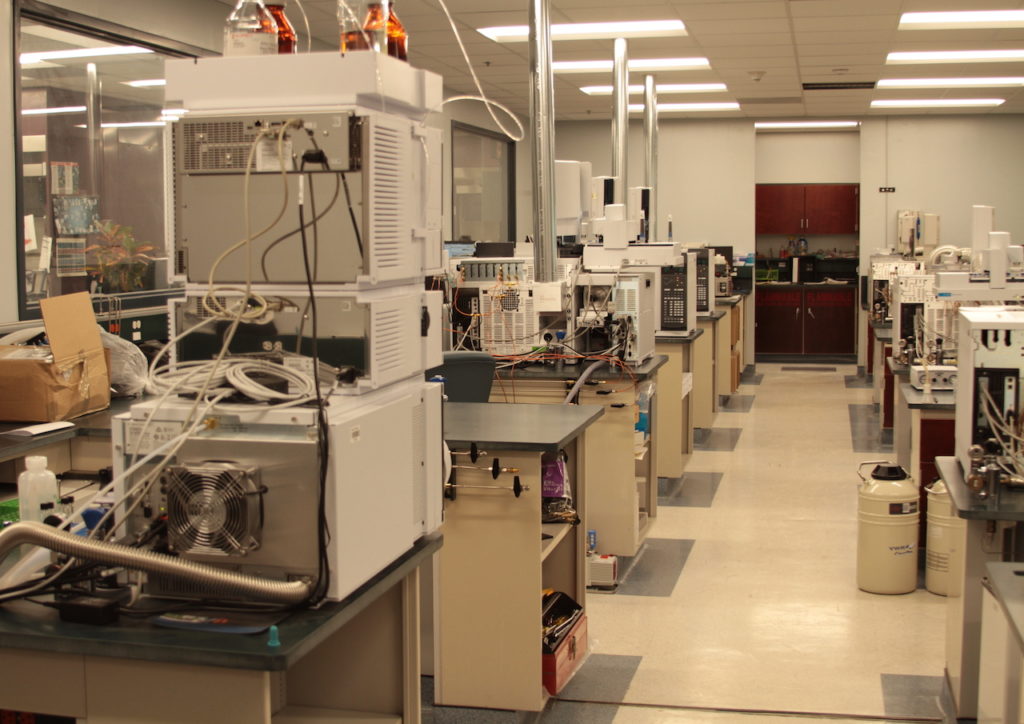
Tennessee’s main crime lab is still very much treating marijuana like a dangerous drug. And state law enforcement has no plans to back off even as some prosecutors look the other way.
Nashville’s district attorney stopped pursuing people with less than half of an ounce of marijuana two years ago. Shelby County has effectively done the same thing. But the director of the Tennessee Bureau of Investigation, David Rausch, isn’t going with the flow on marijuana, which is now legalized in a majority of states at varying levels.
“I’m adamantly against it. We will continue to fight against it,” he says. “The bureau will continue to stand against it. And we base that on facts, not on emotion.”
Rausch says that the marijuana industry, which he calls “big marijuana” akin to “big tobacco,” used the legalization of hemp to sneak in other products disguised as being made from hemp, since it’s almost impossible to tell the difference. He cites a bust in recent weeks at the state fair in Lebanon in which packages had stickers covering the THC content.
Marijuana compounds known as Delta-8 and Delta-9 are often sold as gummies. They’re now in the top 10 drugs analyzed by the state crime lab. Cannabis plant material still makes up 15% of all the analysis, but that figure has been falling in recent years.
But even as views on marijuana are evolving nationally, Rausch says the trends are alarming to him. Regular marijuana use has surpassed cigarettes, according to new Gallup polling.
“We’re seeing higher levels of youth usage, which is dangerous because they say sustained usage by youth causes them to have mental health issues,” Rausch says. “These are facts.”
The Centers for Disease Control and Prevention says 4 in 10 high school students have at least tried marijuana in some form.
TBI officials acknowledge that, while considerable time is spent on marijuana, the meaningful drug charges usually come from more dangerous substances like fentanyl and meth, which is the top drug seen in the crime lab and increasing.

